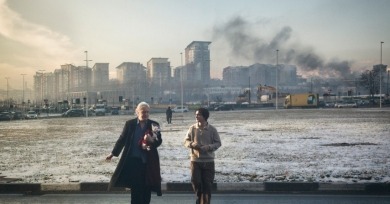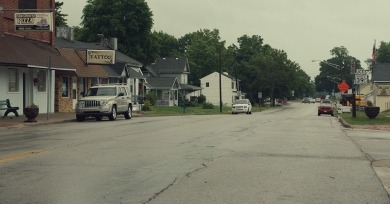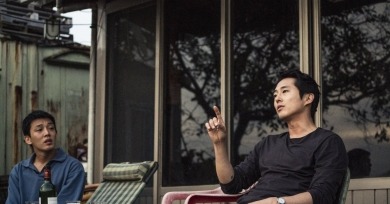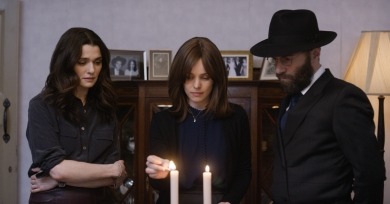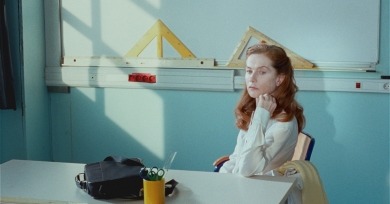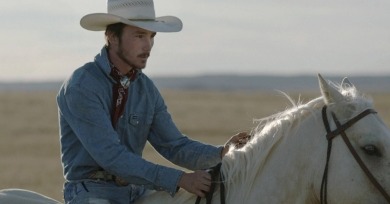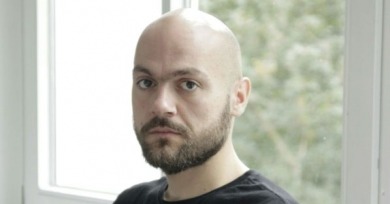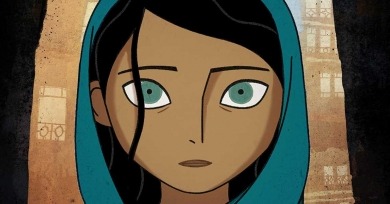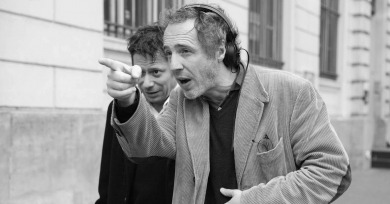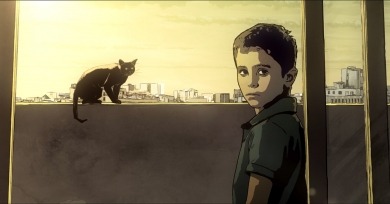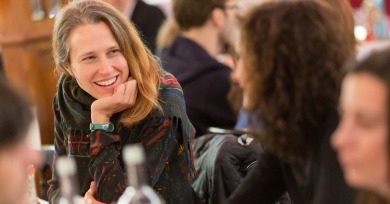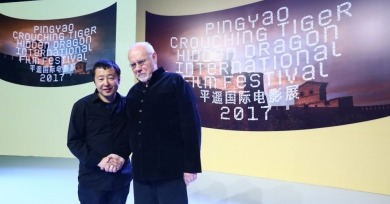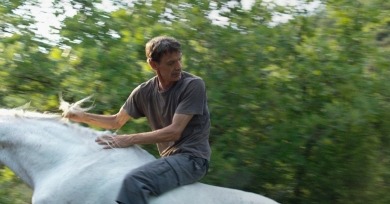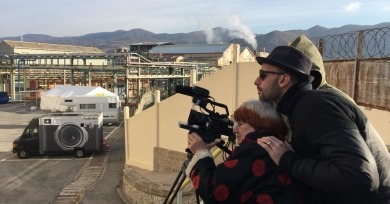Interviews
As human beings, we still have components of our personalities that can be very primitive, but often we use the past as some kind of banner of authenticity. But why should something be more authentic just because it comes from the past?
I do not build out from an idea because I feel that is too restricting. In a sense, the final film is what I have learned. The final film has to be a dramatic narrative, which among other things expresses what I have learned about the place. It is not until the last stages of the editing process that the story is even found.
I think that on the surface, the story follows the small mysteries of everyday life. But it doesn’t stop there; it goes beyond that and expands to deal with some bigger mysteries about the world we live in.
"We are becoming numb, and nothing can shock or affect us anymore. So how do you make an erotic scene that allows us to feel again, to feel the pain, the beauty, the urgency, the desperation, and the deep, animalistic but also spiritual connection between these two women?"
A known cinephile and still working film critic with an affinity for polemics (he has a monthly column in So Film), Serge Bozon has had a slow rise to the mainstream without cynical compromise. Whether one loves or hates his films, their existence signals a continuing diversity in French cinema.
“It is a time when this country is under a lot of criticism, rightly so, and I have found my place in portraying certain things, but showing them to you in a way that you get to make your own judgment. And so far, I have been very moved that people want to see the good of this country.”
"It was about creating this open space and stretching it as far as possible, moving step by step, adding new elements one by one. At one point, it became inevitable that the making of the film itself should come into view."
The Breadwinner is a simple story about a young girl who loves her father, but there are layers that acknowledge the complexities of the political situation in Afghanistan, children growing up in conflict, and the fact there are no easy answers.
The manic pace at which Desplechin sifts and slides through tones can be overwhelming, even alienating, but his insistence on wandering down paths most filmmakers would not dare explore, much less envision, provides a heart-searching pleasure for those willing to follow.
"I get different feedback from a non-Iranian audience than from an Iranian audience. Iranians will ask why I showed such taboos and a non-Iranian audience will talk about artistic elements like the animation technique, the storytelling, the shooting on the green screen, the music."
"It was always really interesting for me that, especially if you are improvising in a film without much preparation for your character, you are drawing on your own life and then your own life is a thing that ends up in the film, and that is . . . complicated."
"What I am interested in the most is creating a demand for a different kind of cinema. Then maybe the authorities will realize it is time to change the rules."
"I really identified with these cowboys on horses who were searching for something and making decisions about whether they wanted to be a part of society or not. At some point, I realized, maybe when I was a little bit older, how oppressively male this genre was."
"Taking normal people, average people, people who have no power, and giving them the time to express themselves and to become more important. By making them big on the wall, it also gives them importance and light and life. So we agreed that that would be the project, to go in the magical truck from one place to another."
